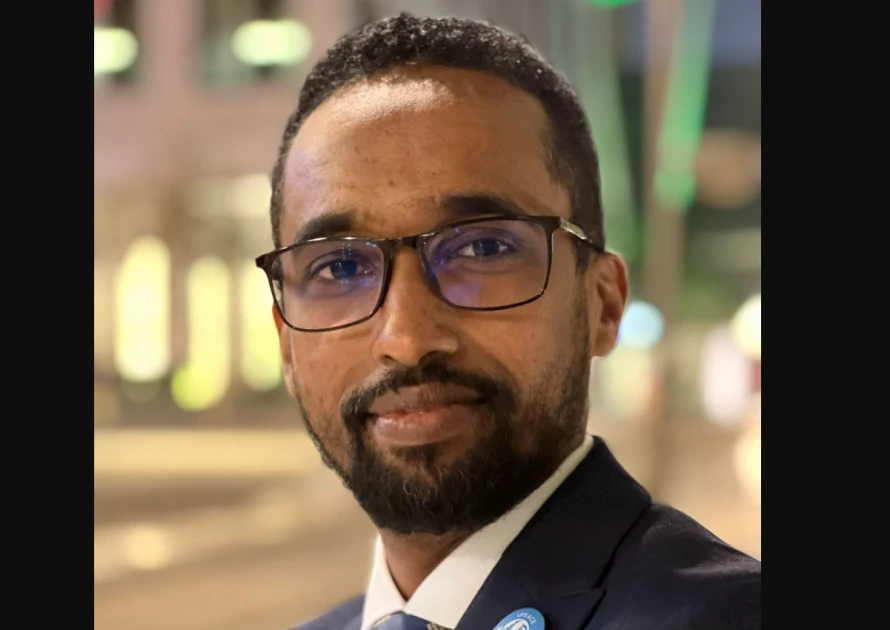Dr. Mohamed Osman pledges peace, education programs in new UN UPEACE role

Somalia’s new United Nations University for Peace (UPEACE) Special Representative and Goodwill Ambassador Dr. Mohamed Osman Mohamoud. PHOTO | COURTESY

Audio By Vocalize
Somalia’s new United Nations University for Peace (UPEACE) Special Representative and Goodwill Ambassador Dr. Mohamed Osman Mohamoud has outlined his mission to expand peace and education while strengthening institutions to ensure future generations inherit stability rather than conflict.
Dr. Osman, whose
appointment was formally confirmed on Monday, also shared plans to build on
more than two decades of activism and leadership to position higher education
as a cornerstone of Somalia’s recovery.
He argues that
peace cannot be sustained by disarmament alone, but must also be anchored in
schools, governance systems, and human rights protections.
“Peace has a
price. Somalia has paid more than most. But peace also has a maintenance
cost—it requires constant investment of resources, ideas, and courage,” he said
after his appointment.
Dr. Osman believes
Somalia’s transformation will come from replacing cycles of violence with
cycles of knowledge.
As Special
Representative, he intends to scale up UPEACE’s academic programs in Somalia,
expanding access to postgraduate education that trains the very leaders tasked
with rebuilding the state.
Since 2018, UPEACE
Somalia has graduated more than 400 Master’s and Ph.D. students—including
President Hassan Sheikh Mohamud—making it the largest postgraduate institution
operating in an active conflict zone.
More than 60
percent of its alumni now serve in government across the executive,
legislative, and judicial branches, drafting laws, managing elections, and
shaping foreign policy.
“This is evidence
that education can be Somalia’s strongest weapon for peace,” Dr. Osman noted.
From street
activism to diplomacy
Dr. Osman’s peace
journey has been deeply personal. In 1998, he lost his father, also a peace
activist, to the violence that engulfed Somalia.
Instead of
retreating, he inherited his father’s mission, beginning with grassroots
activism in Mogadishu where he urged young men to trade weapons for books and
helped gather children into classrooms.
His early
organizing evolved into national and international service. He went on to
advise Somali presidents, represent the country in global forums, and pioneer
innovative approaches to recovery.
In 2010, he
founded the Sadar Development and Resilience Institute, which has since grown
into the largest Somali-led policy institute.
The organization
connects local communities to international climate finance, supports
agricultural development, and develops resilience models linking grassroots
survival to national policies.
Building
institutions for the future
Beyond academia
and research, Dr. Osman has played a central role in Somalia’s institutional
rebirth.
In July 2025, he
became the country’s first National Human Rights Commissioner, creating an
independent body to monitor and protect rights for the first time since
independence.
As National
Economic Advisor in the early 2010s, he helped align Somalia’s budget with
international standards and contributed to debt relief efforts that restored
credibility with financial institutions.
He was also part
of Somalia’s delegation negotiating entry into the East African Community
(EAC), a symbolic return to regional integration.
Regionally and
globally, he has promoted “track-two” diplomacy, bringing together governments,
civil society, and faith institutions to resolve conflicts too complex for
official negotiations.


Leave a Comment